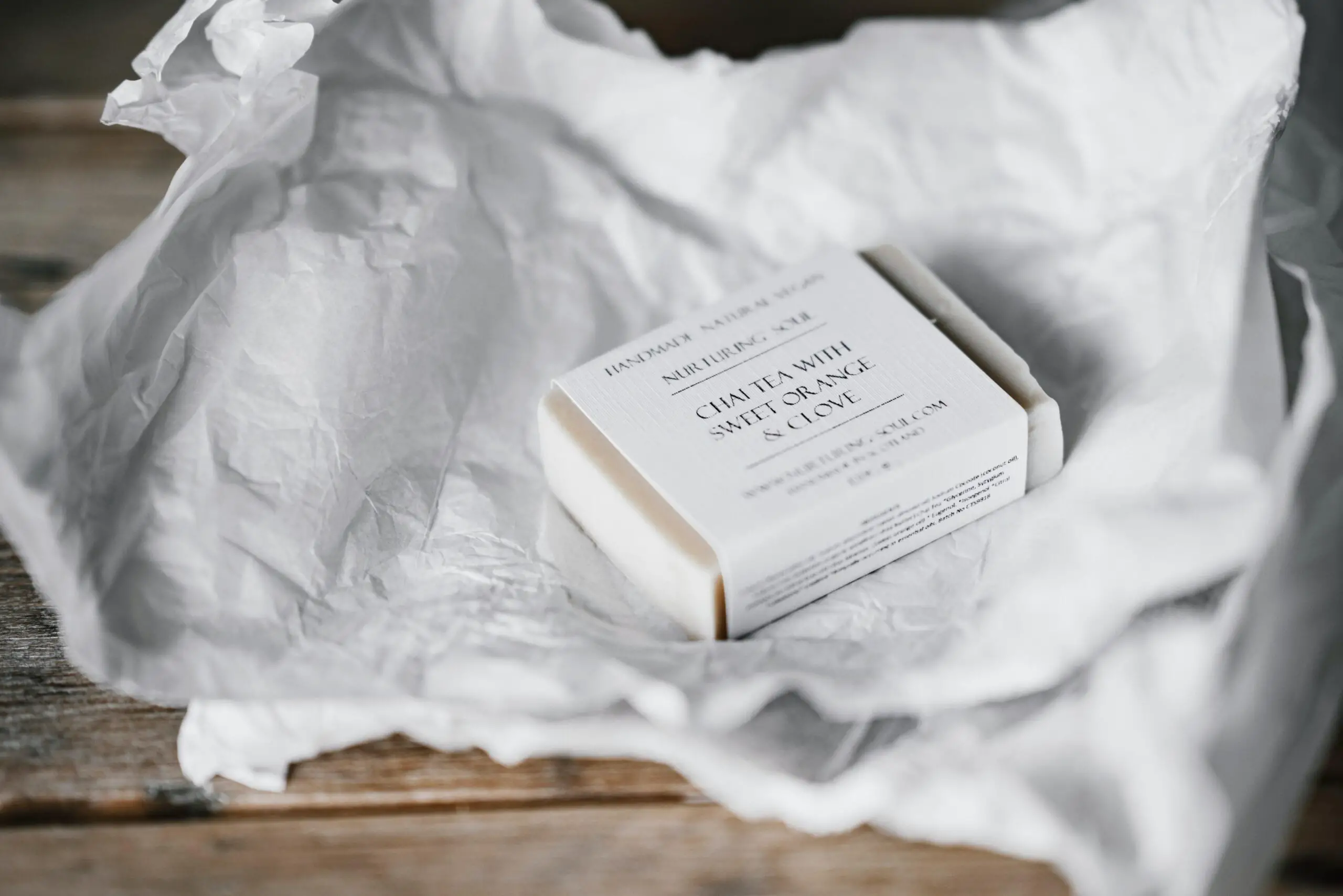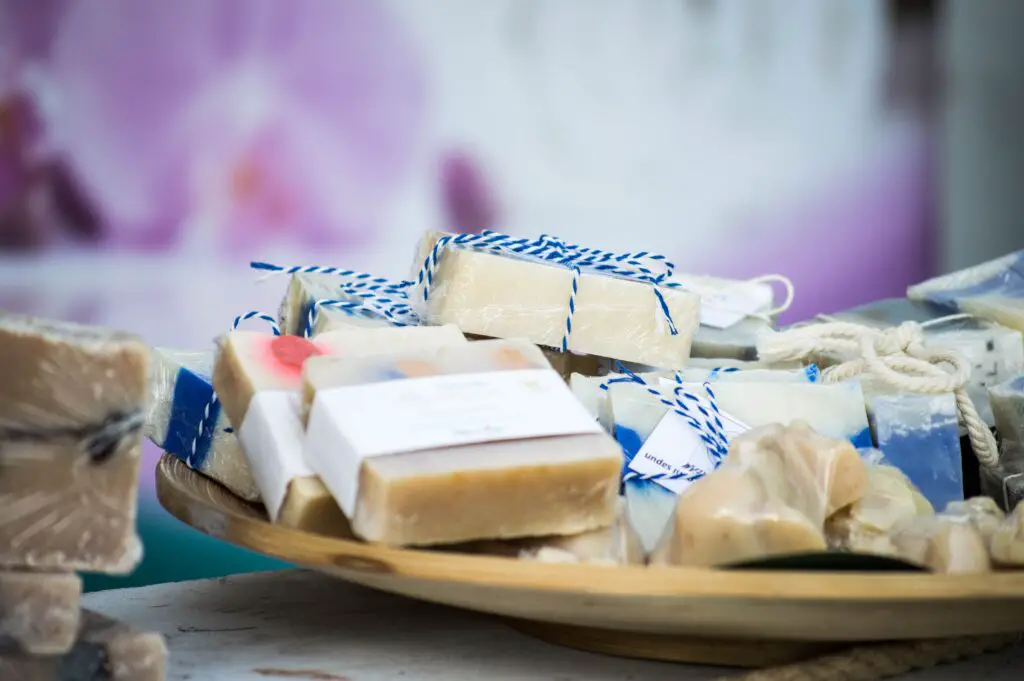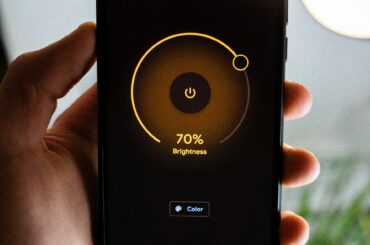Contents
How Do You Know If Soap Is Expired? – Introduction

Soap is a fundamental component of our daily hygiene routine, essential for keeping our hands and bodies clean. Whether it’s in the form of a bar, liquid, or specialty soap, we rely on it to remove dirt, bacteria, and other impurities. However, have you ever wondered if soap can expire or lose its effectiveness over time? While soap doesn’t spoil like perishable foods, it can degrade and become less efficient.
In this article, we’ll delve into the signs to look for when determining if soap is expired and offer guidance on how to keep your hygiene routine effective and worry-free.
Will Expired Soap Still Clean?: https://m.youtube.com/watch?v=woQVPlPymbo&pp=ygUjSG93IERvIFlvdSBLbm93IElmIFNvYXAgSXMgRXhwaXJlZD8%3D
1. Check the Expiration Date:
Some commercially manufactured soaps, particularly liquid varieties with added ingredients, may feature expiration dates on their packaging. These dates are provided by the manufacturer to indicate when the soap is at its peak quality. If your soap has exceeded its expiration date, it’s advisable to consider replacing it, especially if it exhibits any changes in appearance, texture, or scent.
2. Inspect the Appearance:
Visual inspection is a valuable method for assessing soap quality. Although soap doesn’t have a definitive “expiration” in the way that food does, it can deteriorate over time. Here’s what to look for:
– Color Changes: Fresh soap should maintain its original color. If it has significantly changed color or developed dark spots, it might be time to replace it.
– Texture: Soap should retain its characteristic texture. If it has become excessively crumbly, overly soft, or developed visible cracks, it may no longer be as effective.
3. Smell Test:
A simple sniff test can provide useful information. A fresh bar of soap should have a clean, pleasant scent. If your soap smells rancid, moldy, or emits any unusual odors, it’s a strong indicator that it’s time to discard it.
4. Lather and Performance:
One of the most practical ways to assess soap quality is by using it. When you lather up, the soap should produce a rich, creamy lather, and it should effectively cleanse your skin. If it no longer lathers well or leaves your skin feeling less clean than usual, it’s a sign that its effectiveness has diminished.
5. Specialty Soaps:
Specialty soaps, particularly those containing natural or organic ingredients, may have a shorter shelf life compared to commercial soaps due to the absence of preservatives. Be especially attentive to the expiration dates or recommended use-by periods provided for these products.
6. Proper Storage:
To extend the shelf life of your soap and ensure its continued effectiveness, it’s essential to store it correctly:
– Keep your soap in a cool, dry place away from direct sunlight and excess humidity. A soap dish with good drainage is an ideal choice.
– For unused bars of soap, consider sealing them in an airtight container or wrapping them in plastic to prevent moisture from altering their texture.
– If you’re using liquid soap, be sure to store it with the cap securely closed to prevent evaporation and contamination.

Conclusion:
While soap doesn’t “expire” in the same way that perishable foods do, it can deteriorate over time, affecting its appearance, texture, scent, and performance. By regularly inspecting your soap for signs of deterioration and practicing proper storage, you can ensure that your hygiene routine remains effective and worry-free. Maintaining soap in good condition not only supports your cleanliness but also allows you to make the most of your soap investment, whether it’s a basic bar or a specialty blend. So, the next time you reach for your soap, take a moment to assess its quality to ensure that it continues to fulfill its essential role in your daily hygiene regimen.
In conclusion, while soap doesn’t have a strict expiration date like perishable goods, it can experience changes over time that affect its quality and effectiveness. The signs of soap deterioration include alterations in color, texture, scent, and lathering performance. Additionally, specialty soaps, especially those with natural or organic ingredients, may have a shorter shelf life due to the absence of preservatives.
By checking your soap for these signs and practicing proper storage techniques, you can ensure that your hygiene routine remains effective and worry-free. Keeping your soap in good condition not only supports your cleanliness but also ensures that you maximize its value, whether it’s a basic bar or a specialty blend. So, remember to regularly assess your soap’s quality to maintain its effectiveness in your daily hygiene regimen, keeping you clean and refreshed with confidence.
More Links:
Is Nordstrom Fast Fashion? Your Sustainability Guide for 2023: https://ecosustainity.com/is-nordstrom-fast-fashion-your-sustainability/
Is Cotton On Fast Fashion? Your Sustainability Guide for 2023: https://ecosustainity.com/is-cotton-on-fast-fashion/





